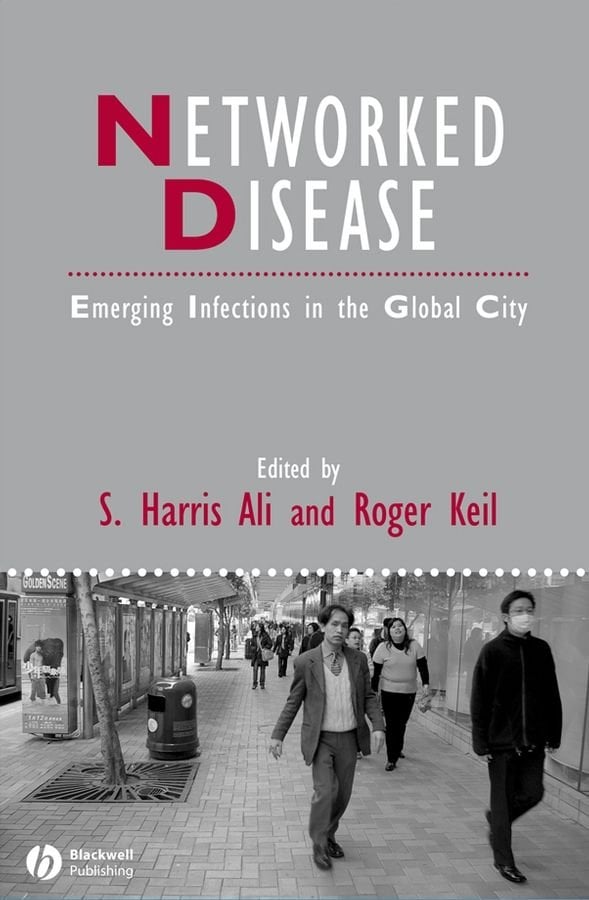This book provides a critical analysis of irregular migration to Europe from a neo-Gramscian perspective. It demonstrates how the contemporary EU migration management regime came about within the context of a neoliberal hegemonic project, which in turn was advanced using neofunctionalist methods of integration. Relying on field research that was carried out in Bulgaria, Italy, Germany and Greece, the book also describes how European migration management is experienced by irregular migrants themselves. It suggests that the social purpose of migration management cannot be understood without assessing the experiences of the objects of migration regimes. The 2015 migration crisis revealed that large-scale migration has the potential to undermine some of the greatest achievements of the European integration project such as the Schengen system and open internal borders. This book shows that this fragility is the result of inherent contradictions within the neoliberal hegemonic project for the European Union. As such this book is an interesting read for academics, students, policy makers and all those working in international migration and European integration.












